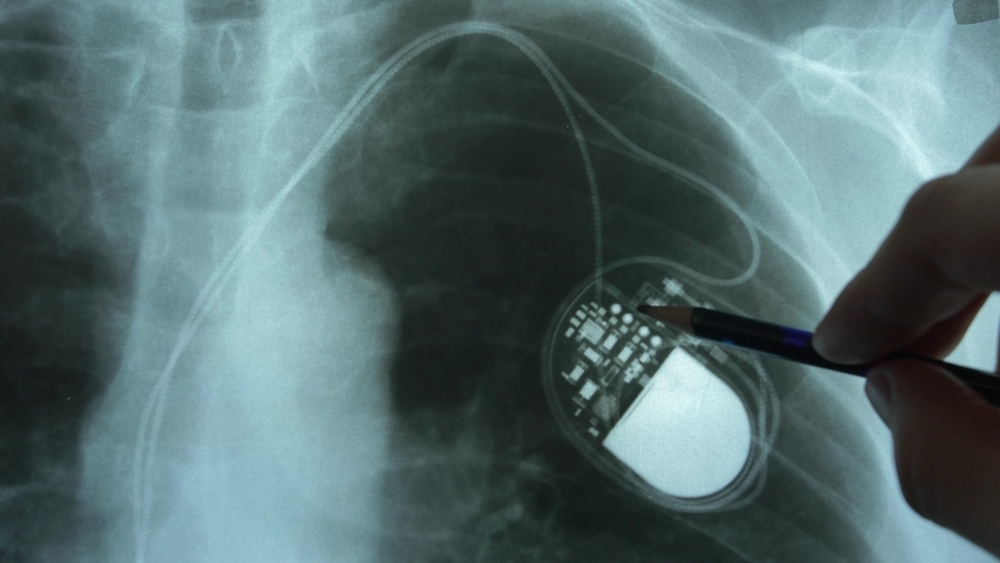
Editor’s Note Large language models (LLMs) outperformed traditional methods in predicting postoperative complications, according to a study on artificial intelligence (AI) in perioperative risk assessment published February 11 in the journal Nature. Results indicate AI-driven models could enhance patient safety and streamline clinical workflows by detecting complications earlier. Researchers analyzed…

Editor's Note Ambulatory surgery centers (ASCs) are increasingly adopting a new wrong-site surgery prevention toolkit, introduced by the ASC Quality Collaboration (ASCQC) in late 2024, ASC Focus January 17 reports. Designed to improve patient safety, this complimentary resource is packed with materials tailored to address the unique challenges of preventing…

Editor's Note Known for managing Type 2 diabetes and promoting weight loss, GLP-1 drugs like Ozempic and Wegovy may also reduce the risks of numerous other conditions, including Alzheimer’s, substance use disorders, and certain cancers, according to an article published in Fortune January 20. Led by the Veterans Affairs St.…

Editor's Note A study presented at the ASH Annual Meeting 2024 found that the current Caprini score, a widely used model for assessing perioperative venous thromboembolism (VTE) risk, underestimates risk in Black patients while overestimating it in Latino patients. Hematology Advisor reported the news January 6. According to the article,…

What happens when a surgeon uses the monopolar instrument set on 30-W coagulation mode to create an upper midline incision in a patient with a pacemaker? Pacemaker function is interrupted, causing a heart block that results in hemodynamic instability—or at least, this is what could happen without taking the necessary…

Editor's Note Findings from The ARRC II study show using advanced recovery room care (ARRC) for medium-risk surgical patients significantly reduces 18-month postoperative mortality compared to standard ward care. As detailed in a December 11 research letter in JAMA Surgery, this benefit appears linked to minimizing early postoperative complications, which…

Editor's Note Research reveals combining non-steroidal anti-inflammatory drugs (NSAIDs) with blood thinners heightened bleeding risk across multiple organ systems, HealthDay reported November 18. The study analyzed nearly 52,000 Danish patients prescribed blood thinners between 2012 and 2022, examining NSAID interactions with multiple anticoagulants including rivaroxaban, apixaban, dabigatran, edoxaban, and warfarin.…

Editor's Note Adverse events (AEs) remain widespread in perioperative care, affecting nearly one in three patients and resulting in substantial and often preventable patient harm, according to a retrospective cohort study published November 13 in The BMJ. The study analyzed 1,009 weighted admissions from a sample of 64,121 surgical patients…

Editor's Note Amid growing concerns about healthcare workers’ exposure to ionizing radiation and its associated cancer risks, the American Medical Association (AMA) House of Delegates called for increased protective measures and standardized guidelines, including improved exposure metrics, during their interim meeting in Orlando, Florida. MedPage Today reported the news November…

Editor's Note The American College of Surgeons (ACS) has recognized 77 US hospitals for “exceptional surgical outcomes” in 2023 based on performance metrics tracked as part of the ACS National Surgical Quality Improvement Program (NSQIP). According to an October 30 ACS announcement, these hospitals were selected from among 609 eligible…